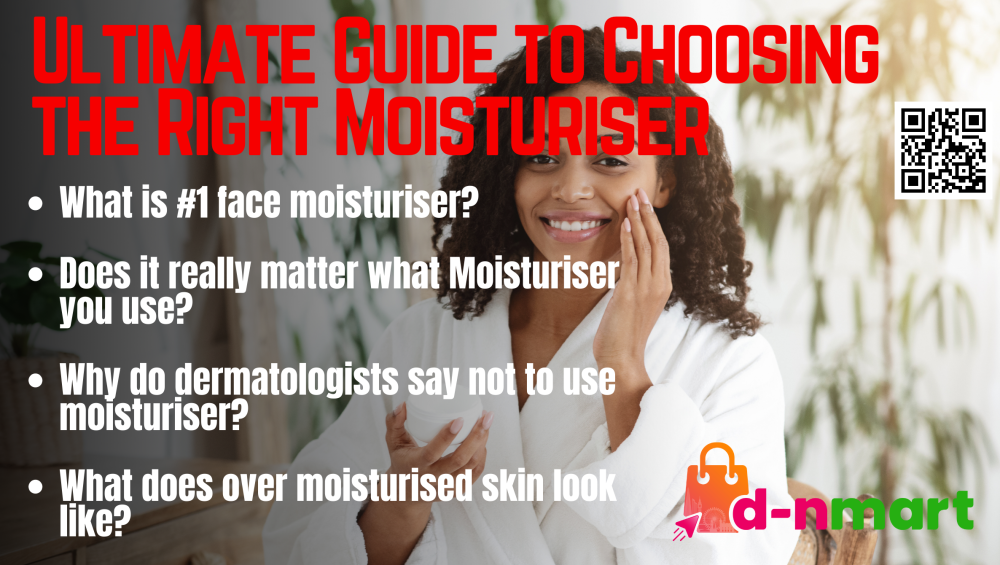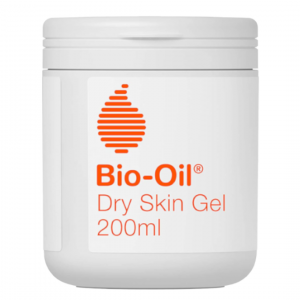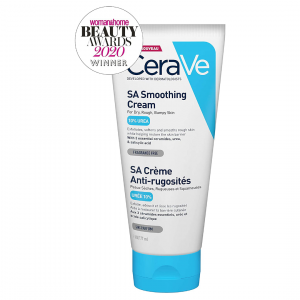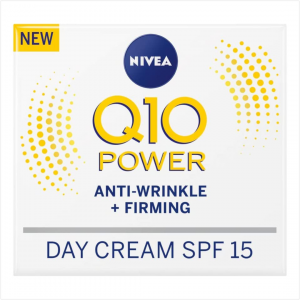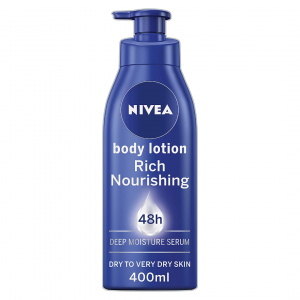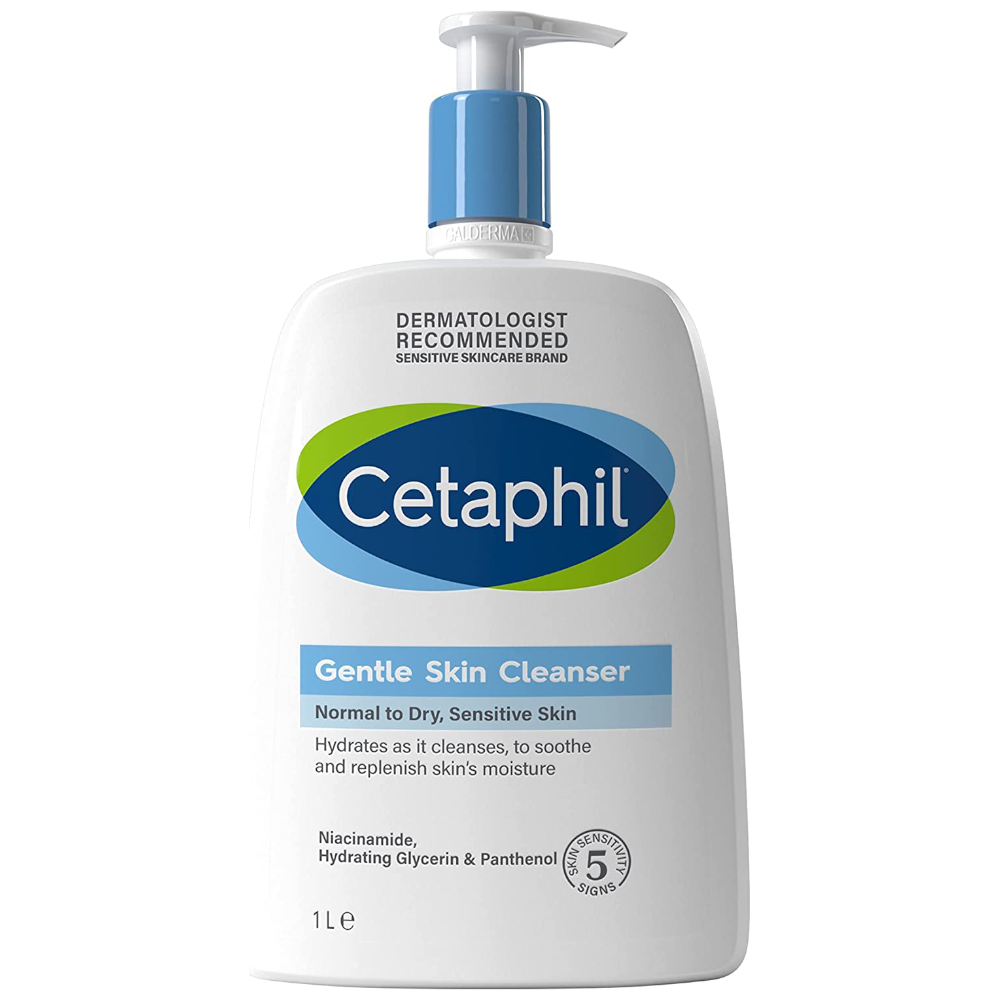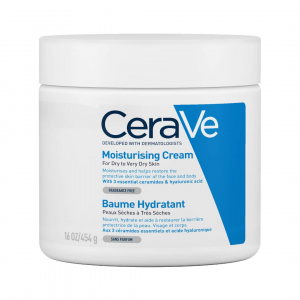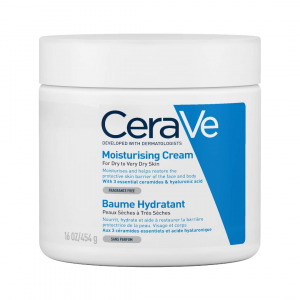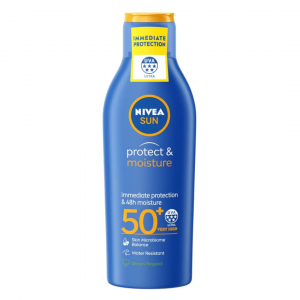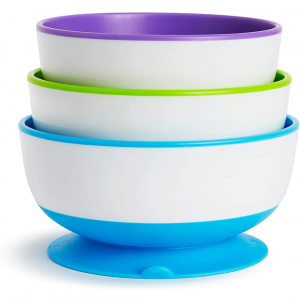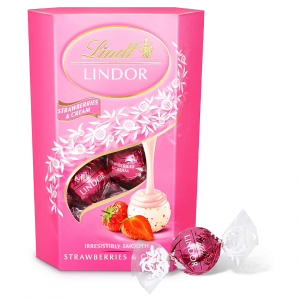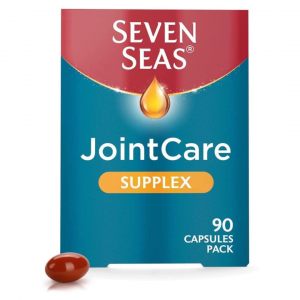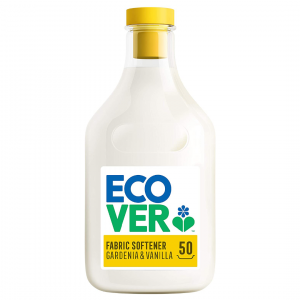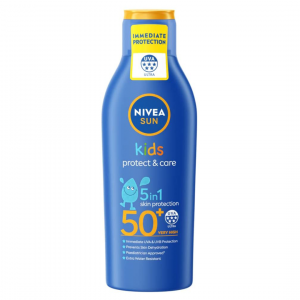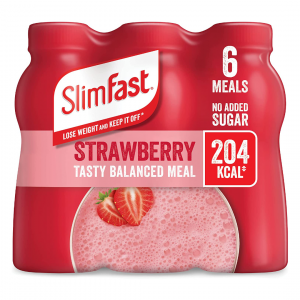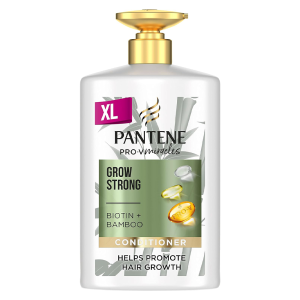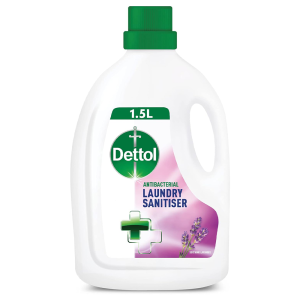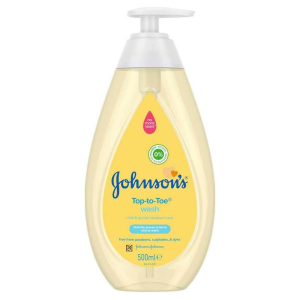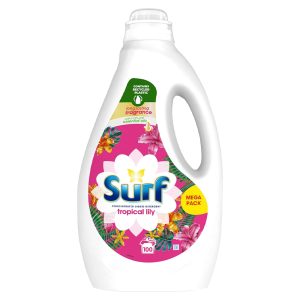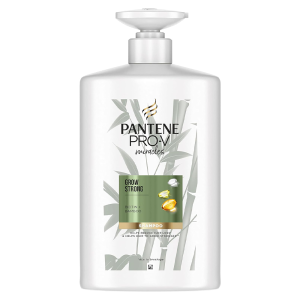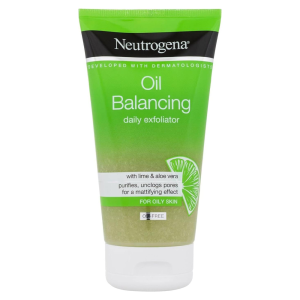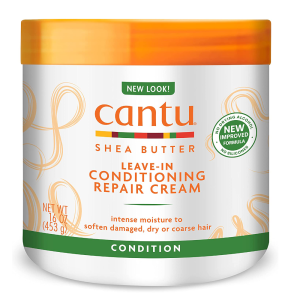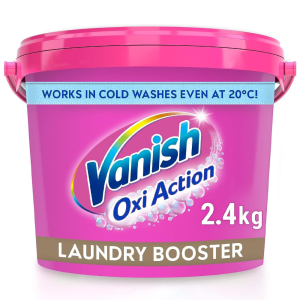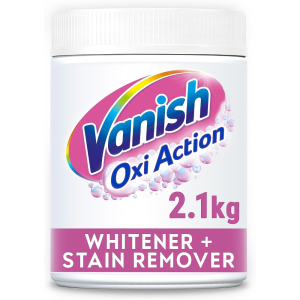Choosing the right moisturiser is essential for maintaining healthy and hydrated skin. With so many options available, it can be overwhelming to decide which one is best for your skin type and specific needs. This ultimate guide will help you make an informed decision when selecting a moisturiser.
1. Determine Your Skin Type:
Understanding your skin type is the first step in selecting the right moisturiser.
Skin types generally fall into four categories:
-
- Dry Skin: Feels tight, rough, or flaky and may be prone to redness or irritation.
-
- Oily Skin: Appears shiny, has enlarged pores, and is prone to acne and blackheads.
-
- Normal/Combination Skin: A balance of dry and oily areas, with minimal issues.
-
- Sensitive Skin: Easily irritated, prone to redness, itching, or burning.
2. Consider Your Skin Concerns:
In addition to your skin type, consider any specific concerns you want to address, such as acne, fine lines, dark spots, or sensitivity. Look for moisturisers that offer targeted solutions.
3. Ingredients to Look For:
When choosing a moisturizer, pay attention to the ingredients. Here are some common ingredients to look for based on your skin type and concerns:
-
- For Dry Skin: Seek moisturisers with ingredients like hyaluronic acid, glycerin, ceramides, and shea butter to provide intense hydration and repair the skin’s barrier.
-
- For Oily Skin: Look for oil-free, non-comedogenic moisturisers with ingredients like salicylic acid, niacinamide, and hyaluronic acid to hydrate without clogging pores.
-
- For Sensitive Skin: Choose fragrance-free, hypoallergenic moisturizers with soothing ingredients like aloe vera, chamomile, and colloidal oatmeal.
-
- For Aging Skin: Opt for moisturizers with antioxidants (vitamin C and E), peptides, and retinol to combat signs of aging and promote collagen production.
4. SPF Protection:
Consider using a moisturizer with built-in SPF if you want to simplify your skincare routine and protect your skin from UV damage. Look for an SPF of at least 30 for daily use.
5. Texture and Consistency:
The texture of your moisturizer can affect how it feels on your skin. Choose a texture that suits your preference:
-
- Creams: Ideal for dry skin, these are thicker and provide deep hydration.
-
- Gels: Suitable for oily or acne-prone skin, these are lightweight and non-greasy.
-
- Lotions: A balance between creams and gels, these work well for normal or combination skin.
6. Allergies and Sensitivities:
If you have allergies or sensitivities, carefully read the product label and consider patch testing a small amount of the moisturizer on your skin to ensure it doesn’t cause any adverse reactions.
7. Price and Brand:
While higher-priced products aren’t always better, it’s essential to choose a reputable brand known for quality skincare products. Consider your budget and find a moisturizer that meets your needs without breaking the bank.
8. Trial and Error:
Finding the perfect moisturizer may require some trial and error. Don’t be discouraged if the first one you try doesn’t work for you. It may take some experimentation to find the one that best suits your skin.
9. Consult a Dermatologist:
If you have persistent skin issues or concerns, consult a dermatologist. They can recommend specific products and treatments tailored to your skin’s unique needs.
Remember that consistency is key when it comes to skincare. Once you find the right moisturiser, use it regularly as part of your skincare routine to maintain healthy and hydrated skin.
What is #1 face moisturiser?
There isn’t a single “#1 face moisturiser” that universally suits everyone because the best moisturizer for your face depends on your individual skin type, concerns, and preferences. What works well for one person may not work for another. However, I can suggest some highly-rated and popular face moisturizers across different categories to give you some options to consider:
For Dry Skin:
-
- CeraVe Moisturizing Cream
-
- Neutrogena Hydro Boost Water Gel
-
- La Roche-Posay Toleriane Double Repair Face Moisturiser
For Oily Skin:
-
- Neutrogena Oil-Free Moisture Broad Spectrum SPF 35
-
- Paula’s Choice Skin Balancing Invisible Finish Moisture Gel
-
- Clinique Dramatically Different Moisturising Gel
For Sensitive Skin:
-
- Vanicream Moisturizing Cream
-
- Cetaphil Daily Hydrating Lotion
-
- Eucerin Advanced Repair Cream
For Aging Skin:
-
- Olay Regenerist Micro-Sculpting Cream
-
- RoC Retinol Correxion Deep Wrinkle Night Cream
-
- Drunk Elephant Protini Polypeptide Cream
Please note that these are just recommendations, and what works best for you may require some trial and error. It’s essential to consider your specific skin type, any skin concerns you have, and any allergies or sensitivities you may be aware of when choosing a face moisturiser. Additionally, consulting a dermatologist can provide personalised recommendations based on your unique skin needs.
Does it really matter what Moisturiser you use?
Yes, it does matter what moisturizer you use. The choice of moisturizer can significantly impact the health and appearance of your skin.
Here’s why it matters:
-
- Skin Type and Needs: Different skin types have different needs. For example, if you have dry skin, using a lightweight, oil-free moisturizer designed for oily skin may not provide the hydration your skin needs. Conversely, if you have oily skin, using a heavy, rich moisturizer may lead to breakouts. Selecting a moisturizer tailored to your skin type helps address its specific needs.
- Skin Concerns: If you have specific skin concerns like acne, fine lines, dark spots, or sensitivity, choosing a moisturizer with ingredients designed to target those issues can be beneficial. For example, a moisturizer with retinol may help with anti-aging, while one with salicylic acid can help manage acne.
- Barrier Function: Moisturizers play a crucial role in maintaining your skin’s barrier function. They help lock in moisture and protect your skin from environmental stressors. Using the wrong moisturizer can compromise this barrier, potentially leading to dryness, sensitivity, or other skin problems.
- Comfort and Texture: The texture and feel of a moisturizer can affect your comfort and willingness to use it regularly. If you dislike the texture or find it uncomfortable on your skin, you may be less likely to use it consistently.
- SPF Protection: Many daytime moisturizers come with SPF protection, which is essential for shielding your skin from UV damage and preventing premature aging. Using a moisturizer with SPF can simplify your skincare routine.
- Allergies and Sensitivities: Some people have allergies or sensitivities to certain ingredients commonly found in skincare products. Using a moisturizer with the wrong ingredients can lead to skin irritation or allergies.
- Long-Term Skin Health: Consistently using the right moisturizer for your skin type and needs can contribute to long-term skin health, helping to keep your skin hydrated, balanced, and looking its best.
In summary, the choice of moisturizer matters because it can impact your skin’s health, comfort, and appearance. To find the best moisturizer for you, consider your skin type, specific concerns, and any allergies or sensitivities. Experiment with different products and consult a dermatologist if you have persistent skin issues or need personalized recommendations.
Why do dermatologists say not to use moisturiser?
Dermatologists typically do not universally advise against using moisturizers. In fact, moisturizers are a fundamental part of many skincare routines, and they serve various purposes in maintaining healthy skin. However, there may be specific situations or recommendations where dermatologists might suggest limiting or avoiding moisturisers:
-
- Certain Skin Conditions: Some individuals with specific skin conditions, such as acne-prone skin, may be cautious about using heavy or oily moisturizers that could potentially clog pores and exacerbate acne. In such cases, dermatologists might recommend lightweight, non-comedogenic moisturizers designed for acne-prone skin.
-
- Individual Allergies or Sensitivities: People with allergies or sensitivities to certain ingredients commonly found in moisturizers may need to avoid products containing those specific ingredients. Dermatologists can help identify potential allergens and recommend suitable alternatives.
-
- Prescribed Medications: In some cases, dermatologists may prescribe medicated treatments for skin conditions that serve as both treatment and moisturizer. For example, some acne medications may contain moisturizing agents, eliminating the need for a separate moisturiser.
-
- Unique Skin Conditions: Individuals with certain skin conditions, like ichthyosis or hyperhidrosis, may have unique needs that require specialized moisturizers or treatments. Dermatologists can provide guidance tailored to these specific conditions.
-
- Individualized Recommendations: Dermatologists always prioritize individualized skincare recommendations based on a person’s unique skin type, concerns, and goals. What works for one person may not work for another, so it’s crucial to consult with a dermatologist to determine the best skincare regimen for your specific needs.
In the vast majority of cases, moisturizers play a crucial role in maintaining healthy and hydrated skin. They help strengthen the skin’s barrier, prevent moisture loss, and can address various skin concerns. It’s essential to follow the advice of a qualified dermatologist to ensure you are using the right products and routines for your skin’s health and well-being.
The Ultimate Guide to Choosing the Best Face Moisturiser
Choosing the best face moisturizer is essential for maintaining healthy, hydrated, and radiant skin. With countless options on the market, selecting the right one can be overwhelming. This ultimate guide will help you make an informed decision when choosing a face moisturiser that suits your skin type, concerns, and preferences.
1. Know Your Skin Type:
Understanding your skin type is the foundation for selecting the right moisturizer. Skin types generally fall into four categories:
-
- Dry Skin: Feels tight, rough, or flaky and may be prone to redness or irritation.
-
- Oily Skin: Appears shiny, has enlarged pores, and is prone to acne and blackheads.
-
- Normal/Combination Skin: A balance of dry and oily areas, with minimal issues.
-
- Sensitive Skin: Easily irritated, prone to redness, itching, or burning.
2. Identify Your Skin Concerns:
Consider any specific skin concerns you want to address, such as acne, fine lines, dark spots, or sensitivity. Look for moisturizers that offer solutions tailored to your concerns.
3. Ingredients to Look For:
Pay attention to the ingredients in the moisturiser, as they determine its effectiveness. Here are some common ingredients to look for based on skin type and concerns:
-
- For Dry Skin: Seek moisturizers with ingredients like hyaluronic acid, glycerin, ceramides, and shea butter for deep hydration and skin barrier repair.
-
- For Oily Skin: Choose oil-free, non-comedogenic moisturizers with ingredients like salicylic acid, niacinamide, and hyaluronic acid for lightweight hydration.
-
- For Sensitive Skin: Opt for fragrance-free, hypoallergenic moisturizers with soothing ingredients like aloe vera, chamomile, and ceramides.
-
- For Aging Skin: Look for moisturizers with antioxidants (vitamin C and E), peptides, retinol, and hyaluronic acid to combat signs of aging and stimulate collagen production.
4. Texture and Consistency:
The texture of the moisturiser affects how it feels on your skin. Choose a texture that suits your preference:
-
- Creams: Ideal for dry skin, these are thicker and provide deep hydration.
-
- Gels: Suitable for oily or acne-prone skin, these are lightweight and non-greasy.
-
- Lotions: A balance between creams and gels, these work well for normal or combination skin.
5. SPF Protection:
Consider using a moisturizer with built-in SPF for daytime use. SPF protection is essential to shield your skin from UV damage and prevent premature aging. Look for a broad-spectrum SPF of at least 30.
6. Allergies and Sensitivities:
If you have allergies or sensitivities, carefully read the product label to avoid any ingredients that may trigger reactions. Patch testing a small amount of the moisturizer can help ensure it doesn’t cause adverse effects.
7. Price and Brand:
Consider your budget and find a reputable brand known for quality skincare products. Higher-priced products aren’t always better, so focus on the ingredients and suitability for your skin type and concerns.
8. Consult a Dermatologist:
If you have persistent skin issues or concerns, consult a dermatologist. They can provide personalized recommendations based on your unique skin needs.
9. Trial and Error:
Finding the perfect moisturiser may require some trial and error. Don’t be discouraged if the first one you try doesn’t work for you. It may take time to find the one that best suits your skin.
Remember that a consistent skincare routine is essential for maintaining healthy skin. Once you find the right moisturizer, use it regularly as part of your skincare regimen to keep your skin hydrated, balanced, and looking its best.
What does over moisturised skin look like?
Over-moisturized skin, also known as skin that is “overhydrated,” can exhibit several signs and symptoms that may vary from person to person. It typically occurs when you use too much moisturizer or when you apply a moisturiser that is too heavy or rich for your skin type.
Here are some common signs of over-moisturized skin:
-
- Excessive Greasiness: Over-moisturized skin can appear excessively oily or greasy, even if you don’t have naturally oily skin. This is because the moisturizer forms a barrier that traps moisture, and when too much is applied, it can create a greasy sheen.
-
- Clogged Pores and Acne: Using an overly heavy moisturizer can lead to clogged pores, which may result in the development of acne, blackheads, or whiteheads, especially in individuals with oily or acne-prone skin.
-
- Skin Congestion: Over-moisturized skin can feel congested and heavy. It may also feel like there’s a layer of product sitting on the skin’s surface.
-
- Increased Sensitivity: Some people with over-moisturized skin may experience increased sensitivity or skin irritation. This can manifest as redness, itching, or a burning sensation.
-
- Milia: Milia are small, white, pearly bumps that can develop on the skin when excess oil and dead skin cells are trapped in the pores. Over-moisturizing can contribute to their formation.
-
- Makeup Doesn’t Stay Put: If you notice that your makeup slides off your face easily or doesn’t adhere well, it may be a sign of over-moisturized skin.
-
- Lack of Absorption: Over-moisturized skin may not absorb additional products effectively. This can be problematic if you’re using other skincare products in your routine, as they may not penetrate the skin as intended.
To address over-moisturized skin, consider the following steps:
-
- Reduce or Adjust Moisturizer: Reduce the amount of moisturizer you use, or switch to a lighter, oil-free formula if you suspect that your current moisturiser is too heavy for your skin.
-
- Use a Gentle Cleanser: Use a gentle cleanser to remove excess oil and product buildup.
-
- Avoid Heavy Products: Be cautious with heavy creams and oil-based products, especially if you have oily or acne-prone skin.
-
- Consult a Dermatologist: If you experience persistent issues with your skin, consult a dermatologist for personalized advice and product recommendations.
Balancing your skincare routine and choosing the right moisturiser for your skin type can help prevent over-moisturized skin and maintain a healthy, balanced complexion.
D-NMart
-
Bio-Oil Dry Skin Gel
£6.99 – £12.99 Shop now This product has multiple variants. The options may be chosen on the product page -
CeraVe SA Smoothing Cream for Rough and Bumpy Skin 177 ml
£17.99Original price was: £17.99.£14.99Current price is: £14.99. Add to cart -
Nivea Q10 Power Anti-Wrinkle + Firming Day Cream SPF15 – 50 ml
£9.99Original price was: £9.99.£8.49Current price is: £8.49. Add to cart -
NIVEA Rich Nourishing Body Lotion 400 ml
£6.99Original price was: £6.99.£5.49Current price is: £5.49. Add to cart -
Cetaphil Gentle Skin Cleanser
£7.99 – £22.99 Shop now This product has multiple variants. The options may be chosen on the product page -
CeraVe Moisturising Cream for Dry to Very Dry Skin
£4.99 – £17.99 Shop now This product has multiple variants. The options may be chosen on the product page

